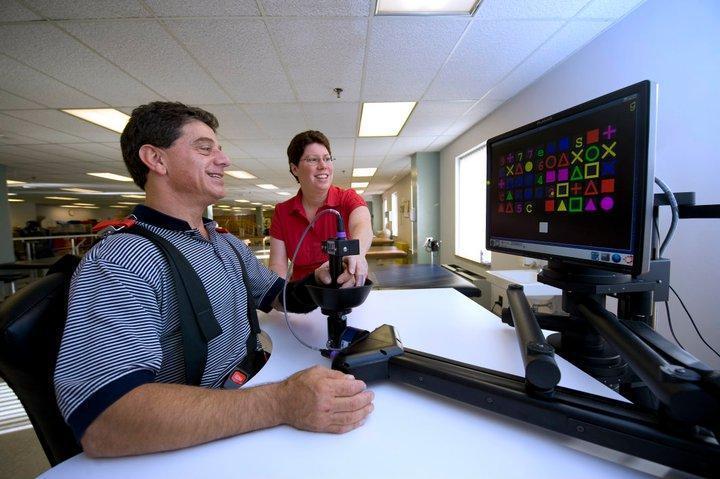Stroke recovery
Stroke recovery
Strokes can change a person's life forever. The hospital discharge rate among patients with chronic conditions is high. A majority of stroke survivors will also need support during outpatient rehabilitation to make further progress.
Now, let's examine strokes and find out why they happen.
Strokes result from an insufficient flow of blood to the brain. It occurs when a blood vessel becomes blocked or leaks. Brain sections are damaged as a result of insufficient blood flow.
Brain injury can have an impact on how quickly you recover. The timing and outcome of stroke recovery is unique to each individual survivor. It takes longer to recover from more damage.
Certain medications can destroy blood clots in the brain that cause strokes. It also minimizes the effects of brain damage and promotes healing. It is very important for a person who is experiencing a stroke to seek immediate treatment.
Your impairment is at its peak immediately following a stroke because your brain is in shock. Changing the connections in your brain and regaining control of your body are the first steps toward your recovery. You should focus on improving coordination and strength first, then regaining muscle control.
Stroke recovery can involve discovering new skills and learning to act differently. Even if you have to do them differently, the goal is to return to your daily routine.
Treatment program
Recovery does not have to be a solitary experience. Experts in this field include physiotherapists, occupational therapists, and speech therapists. In addition to offering helpful aids, they can provide you with exercises.
A rehab team is very likely to be present during your hospital stay. In order to recover from a stroke, they assess the effects and determine what steps need to be taken. Your needs can be met through a variety of options:
- Rehab centers for inpatients
- Rehabilitation in nursing homes
- Rehabilitation outside of the hospital
- At home with your family members
- At home on your own
**How to choose a therapist? **
You may have difficulty finding an appropriate therapist. Regardless of their profession, many people are driven and passionate about what they do, while others seem to live in an alternate universe of incompetence, indifference, or a lack of motivation. Choosing a therapist who will test all of your parameters to make the most of your recovery is vital when you are in the hands of a therapist.
Consider the following factors when choosing a therapist:
Does the doctor adhere to any specific treatment approach for stroke patients?
Keep searching for another therapist if the one that you are seeing practices only one approach. In order to accelerate the recovery process, no single approach works better than another, and a variety of approaches will be necessary.What is their work experience and what number of stroke patients do they treat each month.
Don't let someone with little experience handle your health.Which methods are currently in use at the clinic?
It would be helpful to know exactly what equipment your therapist uses to treat disorders similar to your own. Knowledge of the clinician's comfort level and experience with certain technologies is always helpful when evaluating specialists.Does the clinician accept additional opinions from others to make further progress, when a patient is at a point where they are no longer making progress
It is important that you avoid therapists who refuse to accept testimonials and / or promote their abilities as superior or unmatched. If your progress slows down or you begin to doubt your treatment plan, you may be concerned about your health in the future. The worst thing you can experience is a therapist who takes pride in his or her accomplishments. Good therapists will take advantage of every available technology or approach. A physician should not abandon additional treatment ideas and interventions if he or she fails to return patients to full functionality consistently. Besides being irresponsible, this is also unethical.
Be responsible when choosing a physician. Take care of yourself!
Be the first to post a message!
